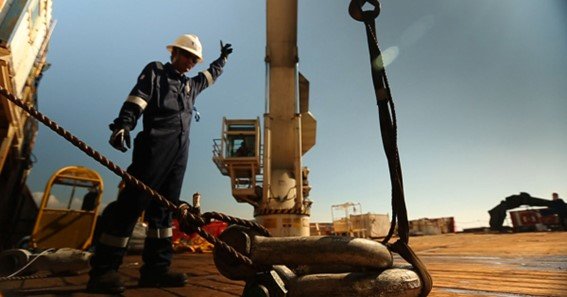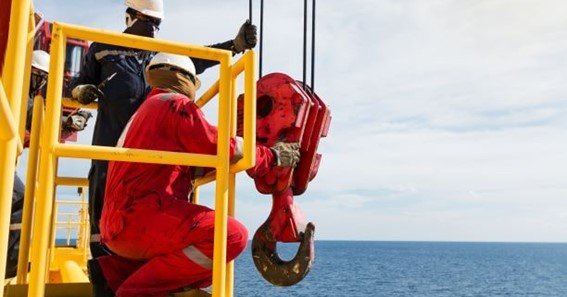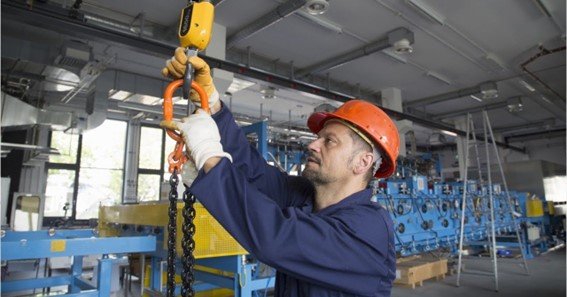What is a rigger? A rigger is a professional who specializes in the installation, maintenance, and operation of rigging systems, often for construction, entertainment, or industrial applications. Riggers keep ropes, booms, lifts, and hoists safe and functional onstage. Their expertise is required for smooth transitions and effects in movies, TV shows, and stage shows. This article describes riggers and their duties. Knowing more about riggers’ complicated work helps you appreciate their safety and creativity in live and recorded events. In this article we discuss about What is a rigger and more about it.
What Is A Rigger?
A rigger is a professional who specializes in the installation, maintenance, and operation of rigging systems, often for construction, entertainment, or industrial applications. Riggers set up, fix, and operate performance rigging equipment. Riggers employ ropes, booms, lifts, and hoists to run stage productions. They ensure that all aerial pieces are safely and adequately situated, improving a production’s look and function. Years ago, “rigger” denoted someone who managed sailing ship ropes and booms. These sailors used their sailing abilities in the theatre to find work on land during the off-season. Modern entertainment relies on riggers to ensure live and recorded events are safe and successful. They combine technical competence, creativity, and accuracy to ensure every production runs smoothly and safely.
A Rigger’s Role And Other Important Information

Riggers are crucial to stage and performance sets; therefore, you must grasp their role. Riggers keep equipment safe and properly managed, which aids live and taped shows. If you know what is a rigger, this clarifies riggers’ most crucial skills and obligations.
Rigger Duties
Riggers assemble and maintain rigging tools to ensure safety. Stage acts require setting up pulleys, winches, and other lifting instruments. First, they examine the stage design and production demands. Then, they organize and execute the rigging setup, which involves positioning lighting, props, and other stage elements. Riggers must dismantle and store equipment after the show to prepare it for usage.
Skills, Qualifications
Riggers must understand physics and mechanics to handle tools properly. Rigging and safety certificates and hands-on training are usually required. Riggers must solve challenges and make quick judgments in fast-paced, changing environments. Physical fitness is also vital because the job includes climbing, working at heights, and moving things. Riggers often apprentice under more experienced professionals. They handle more arduous duties as they gain experience.
Rigging Gear Types
The rigger manages ropes, chains, slings, locks, electric hoists, and trusses. Riggers must know how to use various knots and hitches to secure things. Modern rigging requires technical knowledge to employ motorised hoists and mechanised winches. Riggers must also know the advantages and disadvantages of each tool to work safely and successfully.
Safety Guidelines
Safety is critical when hanging. Riggers must observe safety guidelines and check tools often to avoid mishaps. Safety gear like helmets, harnesses, gloves, and corporate regulations and standards are part of this. Rigging inspections evaluate for wear, corrosion, and other hazards. In case of an emergency during a show, riggers must act promptly.
Training And Certification

If you read properly what is a rigger, you must know aspiring riggers must undergo extensive classroom and hands-on training. Certifications from reputable groups demonstrate their expertise and safety. Training programs cover everything from rigging basics to advanced methods and safety. Riggers also receive first aid, fall safety, and equipment certifications. Learning helps riggers stay current on safety rules and industry advances.
Various Fields Use
Rigging is crucial in the entertainment industry, manufacturing, building, and other areas that require properly transporting and installing big objects. Riggers install cranes, scaffolding, and other construction pieces. Factory workers move and install heavy tools. Oil and gas riggers perform complex lifts on rigs and platforms. Because each business has individual demands and difficulties, riggers must be flexible.
Rigging Tech Changes
Technology has transformed rigging. Complex software and automated methods help riggers plan and execute challenging assignments. Riggers use CAD software to develop and simulate their setups for safety and accuracy. Automated handling systems speed up and improve stage element control, reducing errors. Riggers must be flexible and willing to learn new equipment and methods to execute their duties well.
Riggers Face
Ig you know what is a rigger, you should know riggers sometimes face brutal conditions and tight deadlines. To keep shows running smoothly, they must be able to adapt and fix issues rapidly. Working at heights and with heavy tools can strain your body and mind. Weather can be troublesome, especially for outdoor activities. Despite these issues, riggers are proud of their employment and role in making a show happen. When things get tough, they must keep calm and focused.
Conclusion
Professional riggers help plays, films, and TV shows succeed. All flying is safe and fast because they employ ropes, booms, lifts, and hoists well. Rigging workers have evolved from sailing ship workers to workers in numerous fields. Riggers are crucial in construction and entertainment. Knowing what they do, how they do it, and their issues clarifies their jobs. The rigger’s job will alter as technology improves, introducing new opportunities and ideas to this crucial industry. Live and recorded events always need riggers to run smoothly, safely, and artistically. In above we discuss about What is a rigger and explore more about it.
FAQ
What Does A Rigger Do During A Play?
Riggers set up and operate ropes, booms, and lifts to ensure stage show safety and performance.
How Do You Get To Be A Rigger?
Riggers must know physics, mechanics, and safety and have certificates and equipment experience.
Why Is Rigging Safety Important?
Keeping the workers and actors safe and healthy is crucial. Safety rules and inspections are essential.
What Changes Have Happened In Rigging Technology?
Modern riggers employ high-tech equipment and computerized systems to plan and execute tasks more accurately and safely.
What Other Areas Use Rigging?
Manufacturing, building, and other industries needing to transport big objects safely use rigging.
Sources:
https://in.indeed.com/career-advice/finding-a-job/what-does-rigger-do










